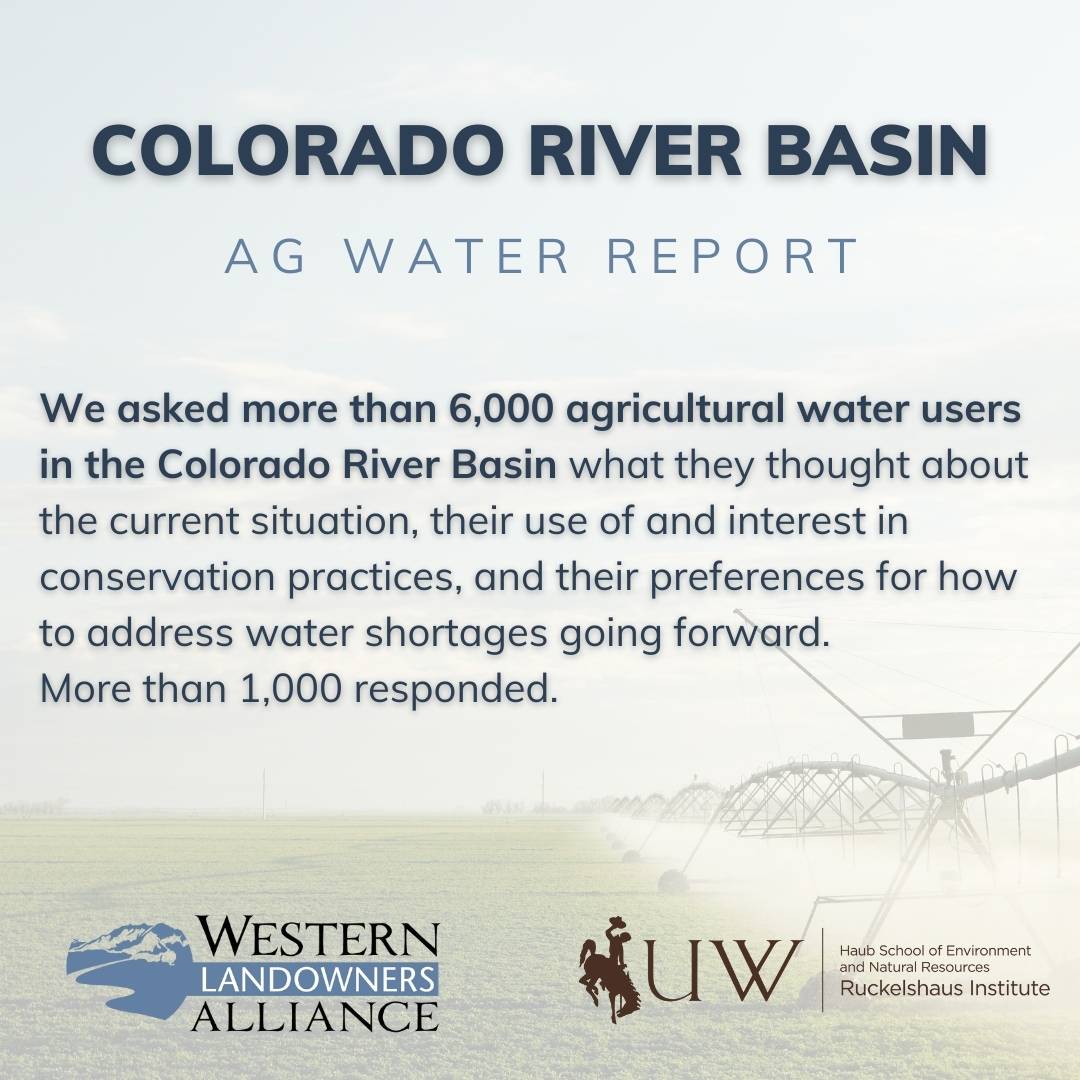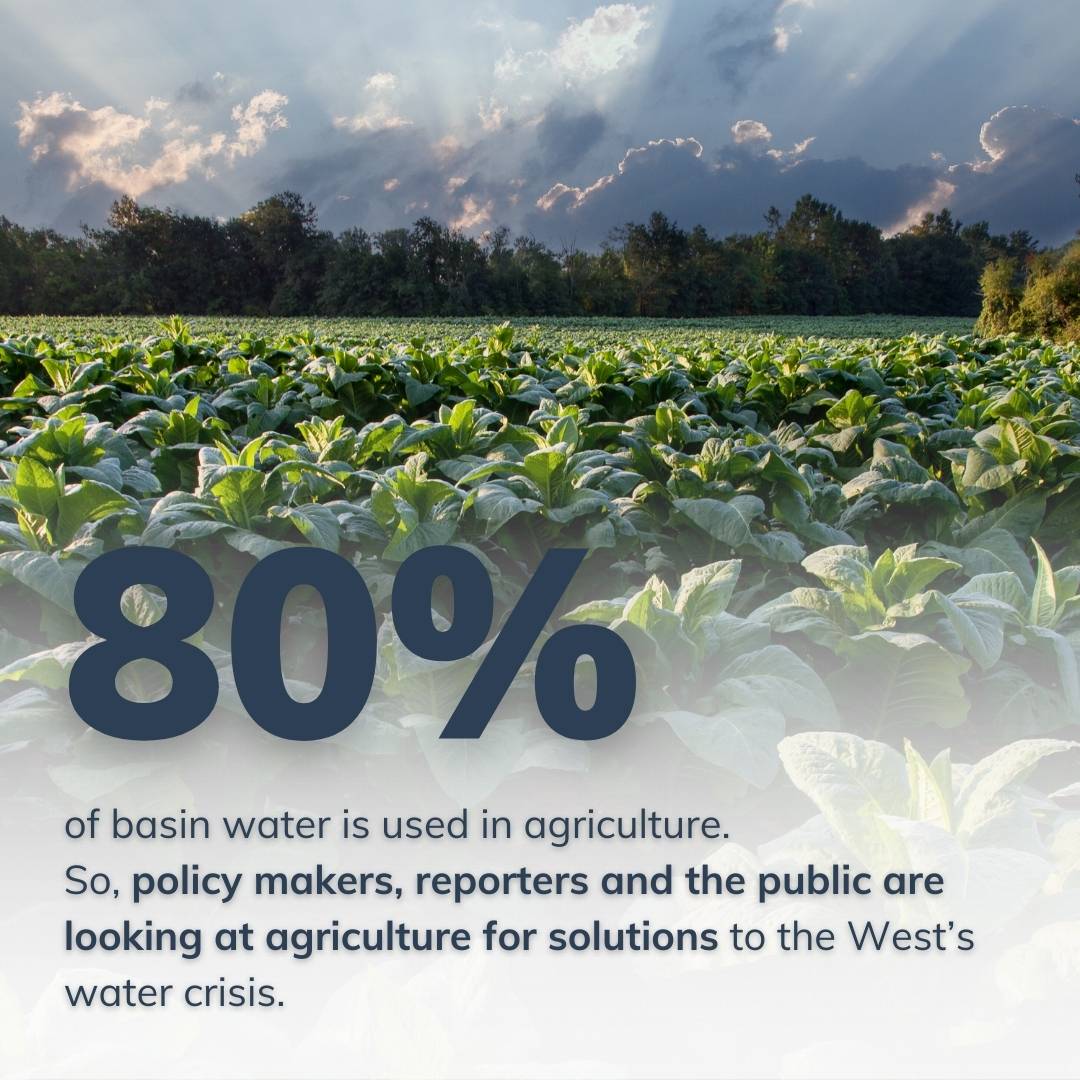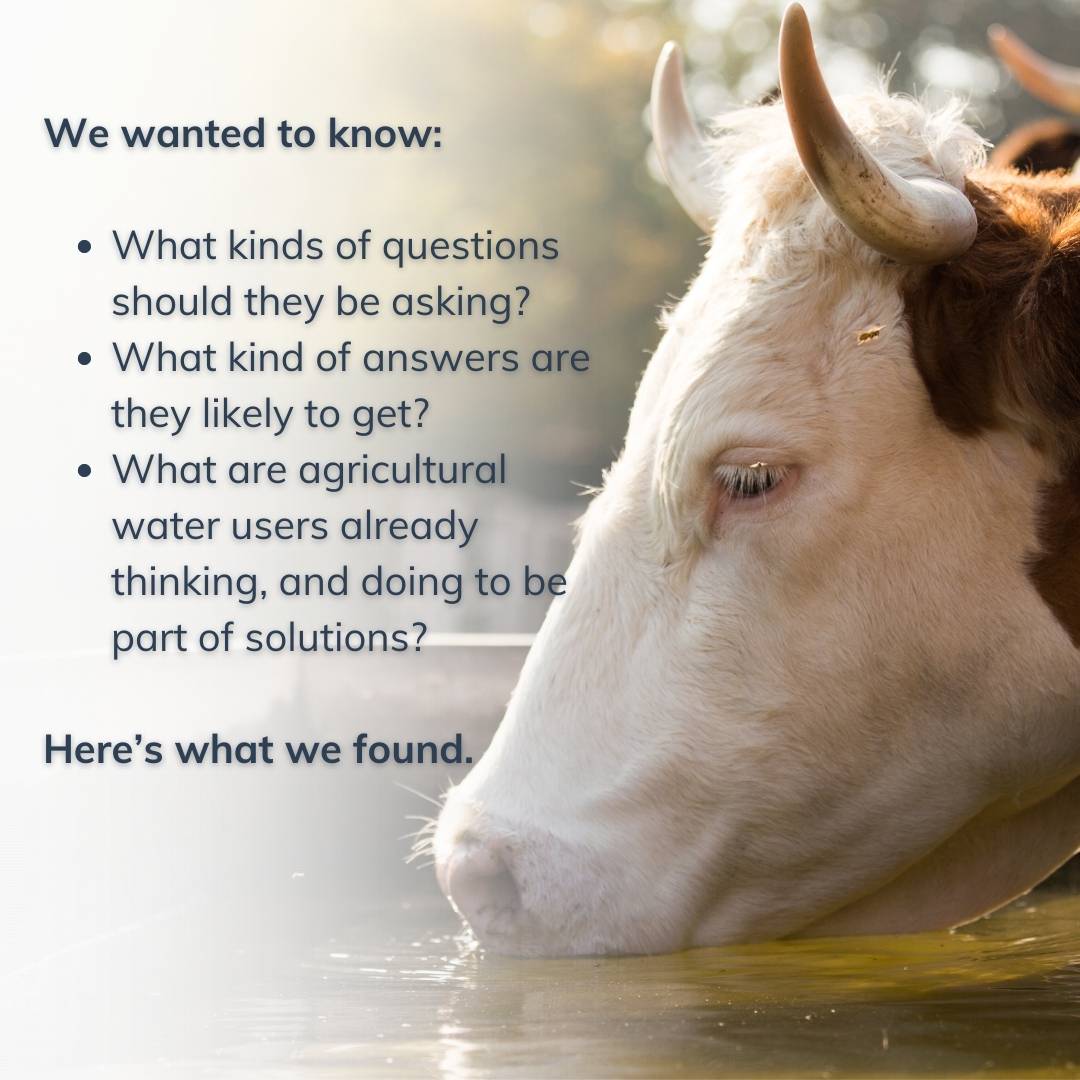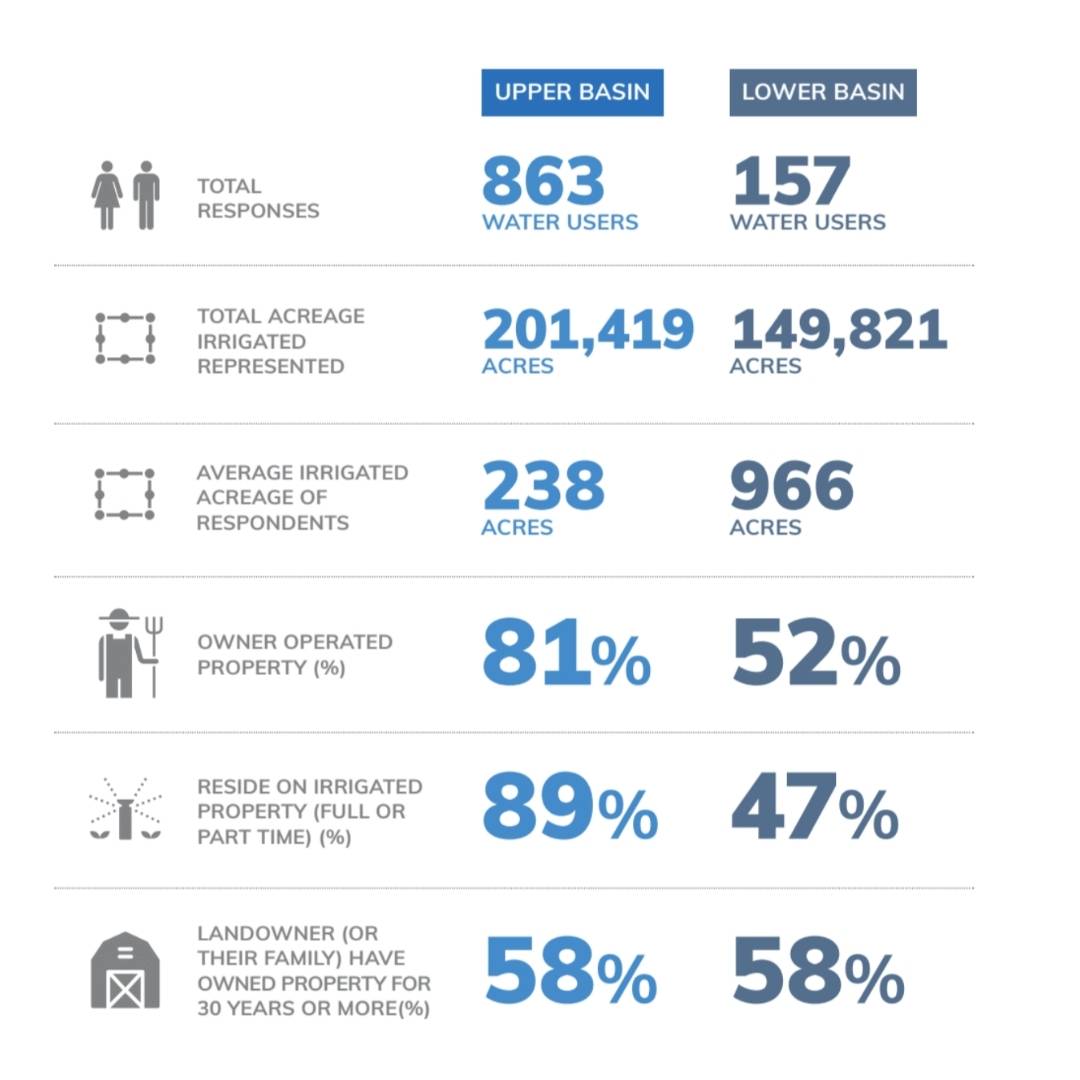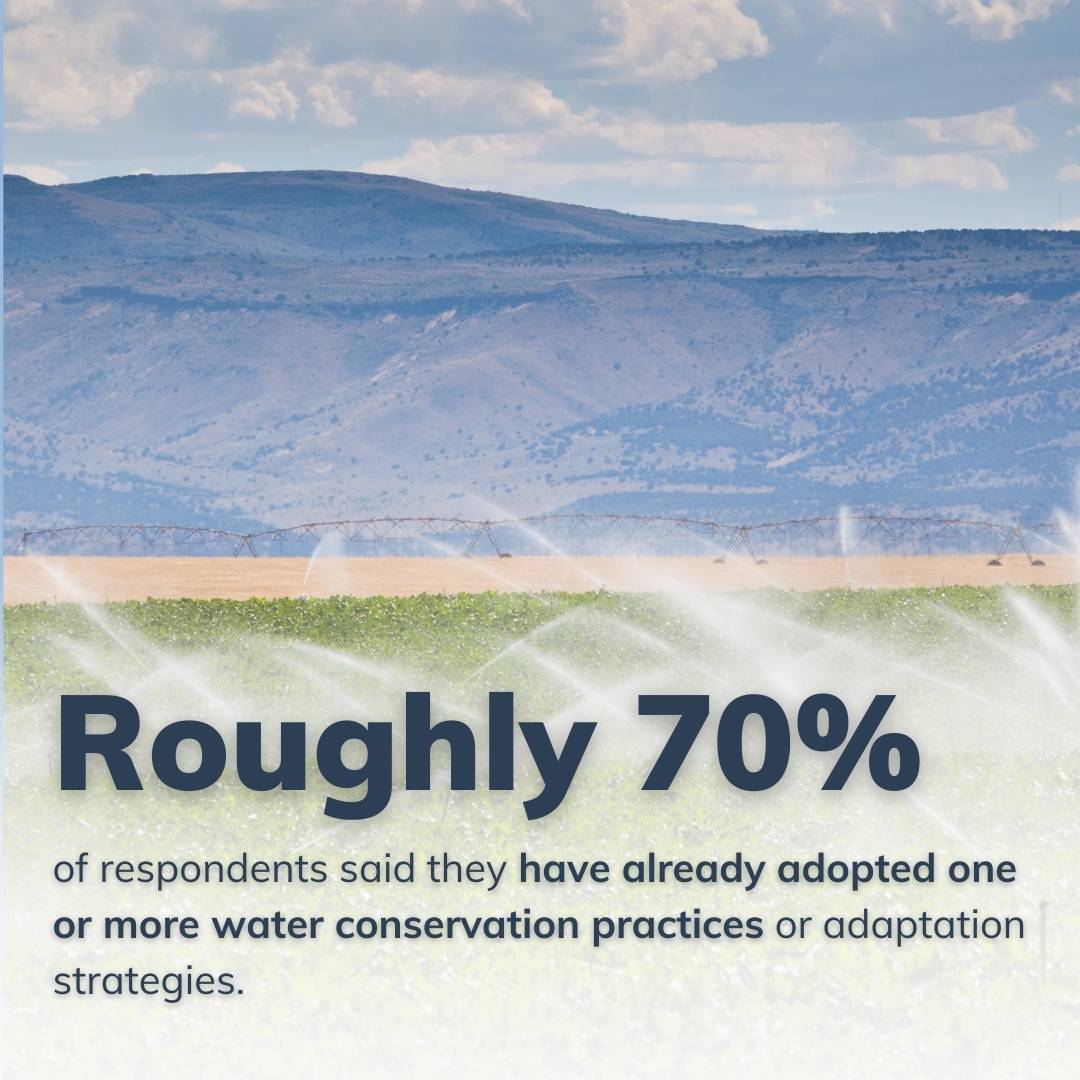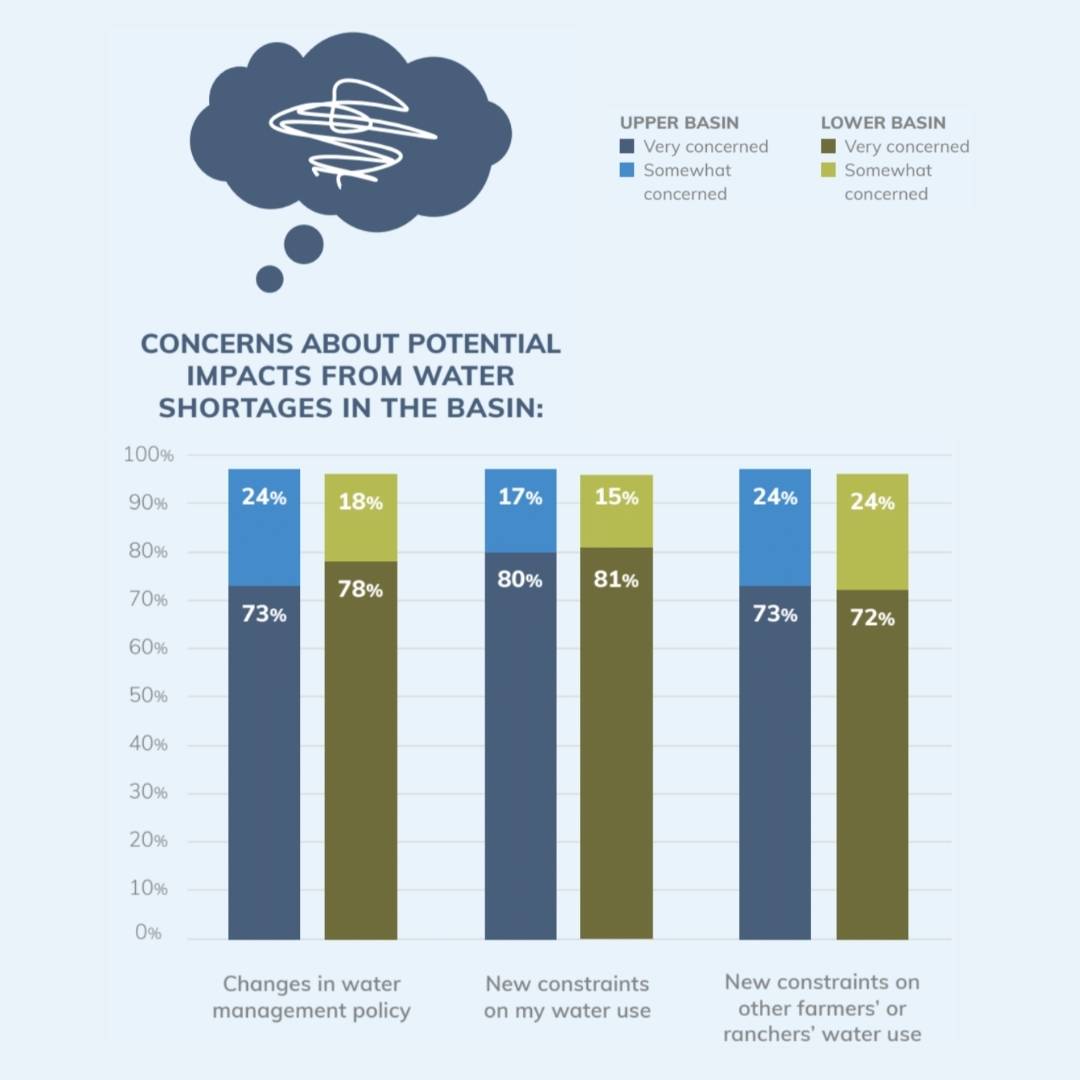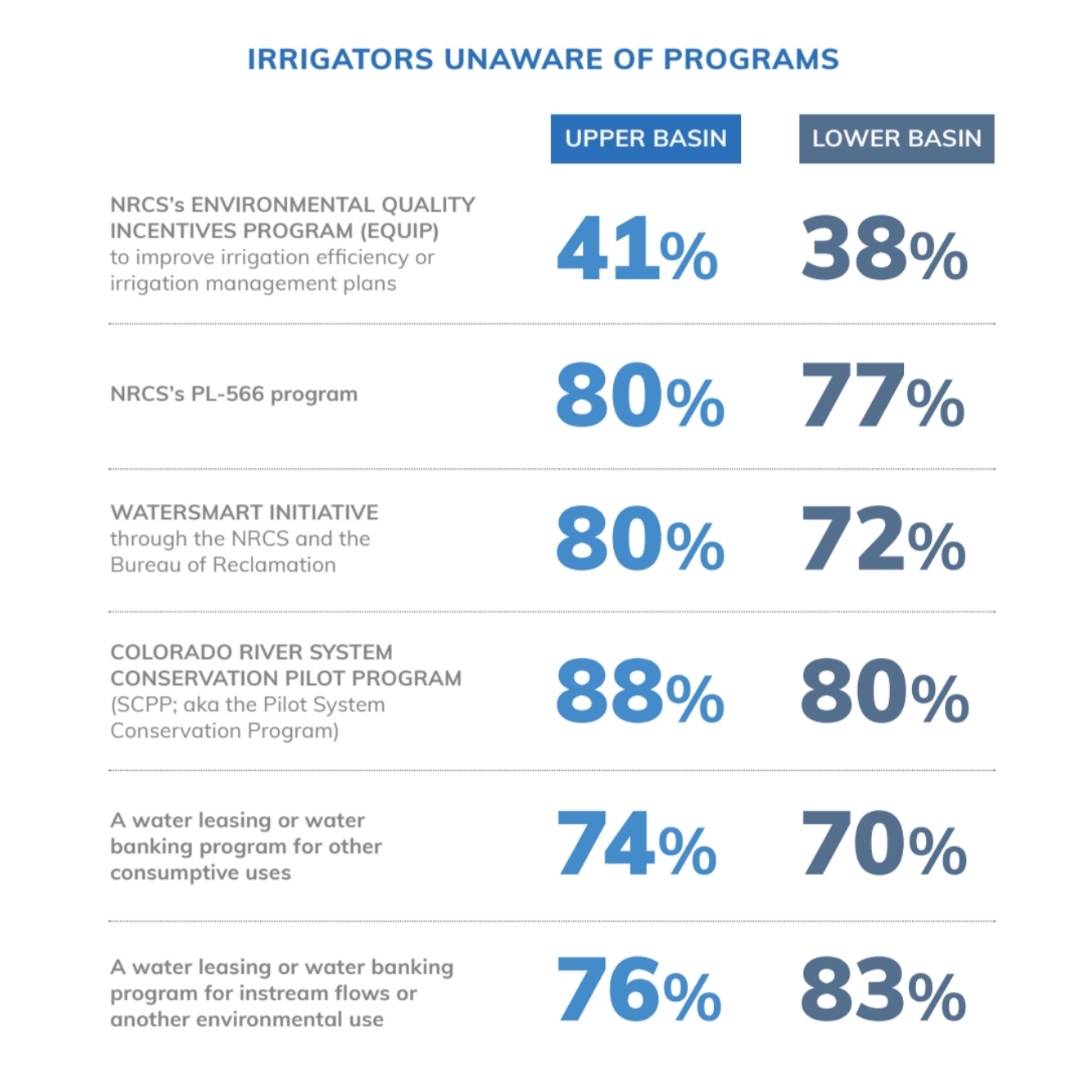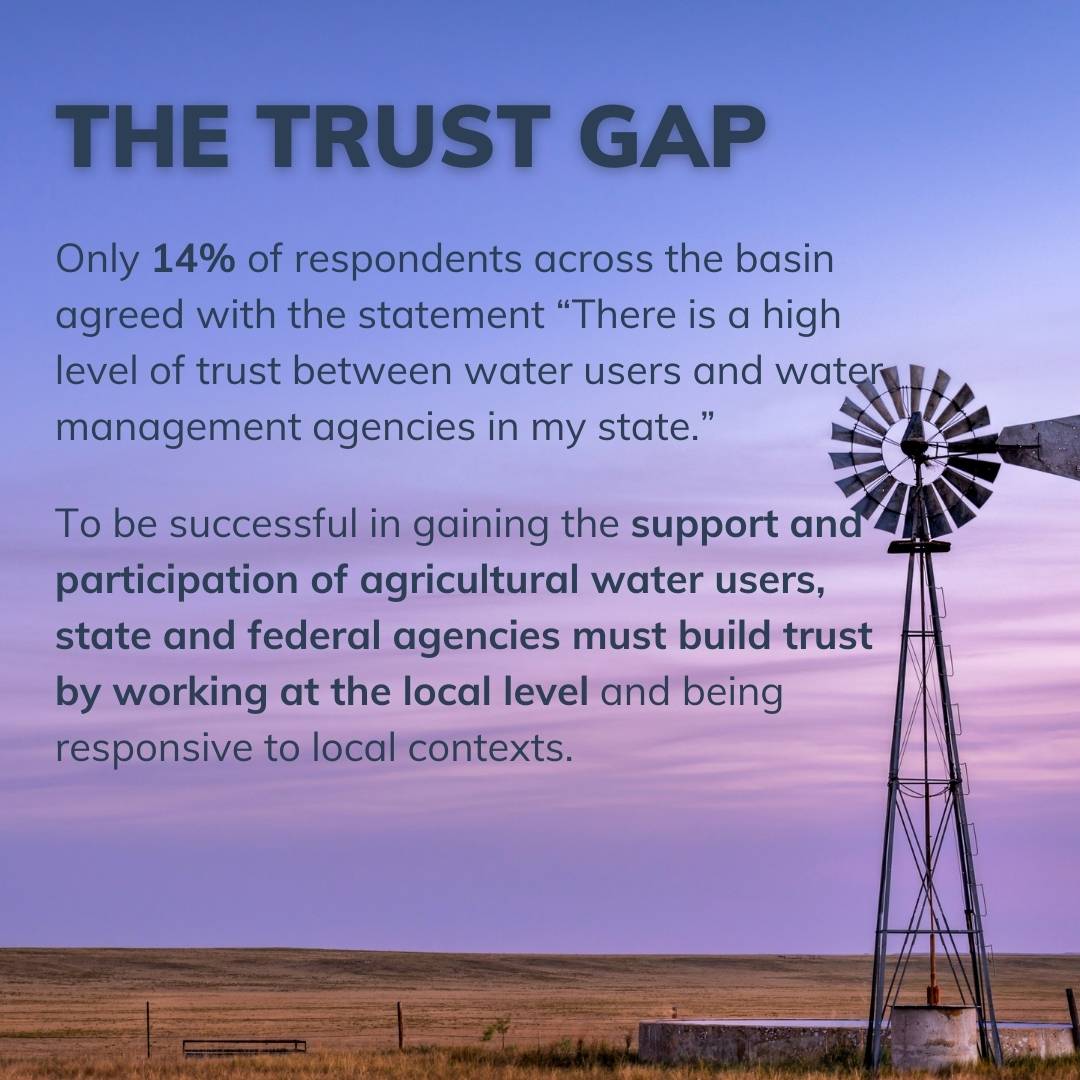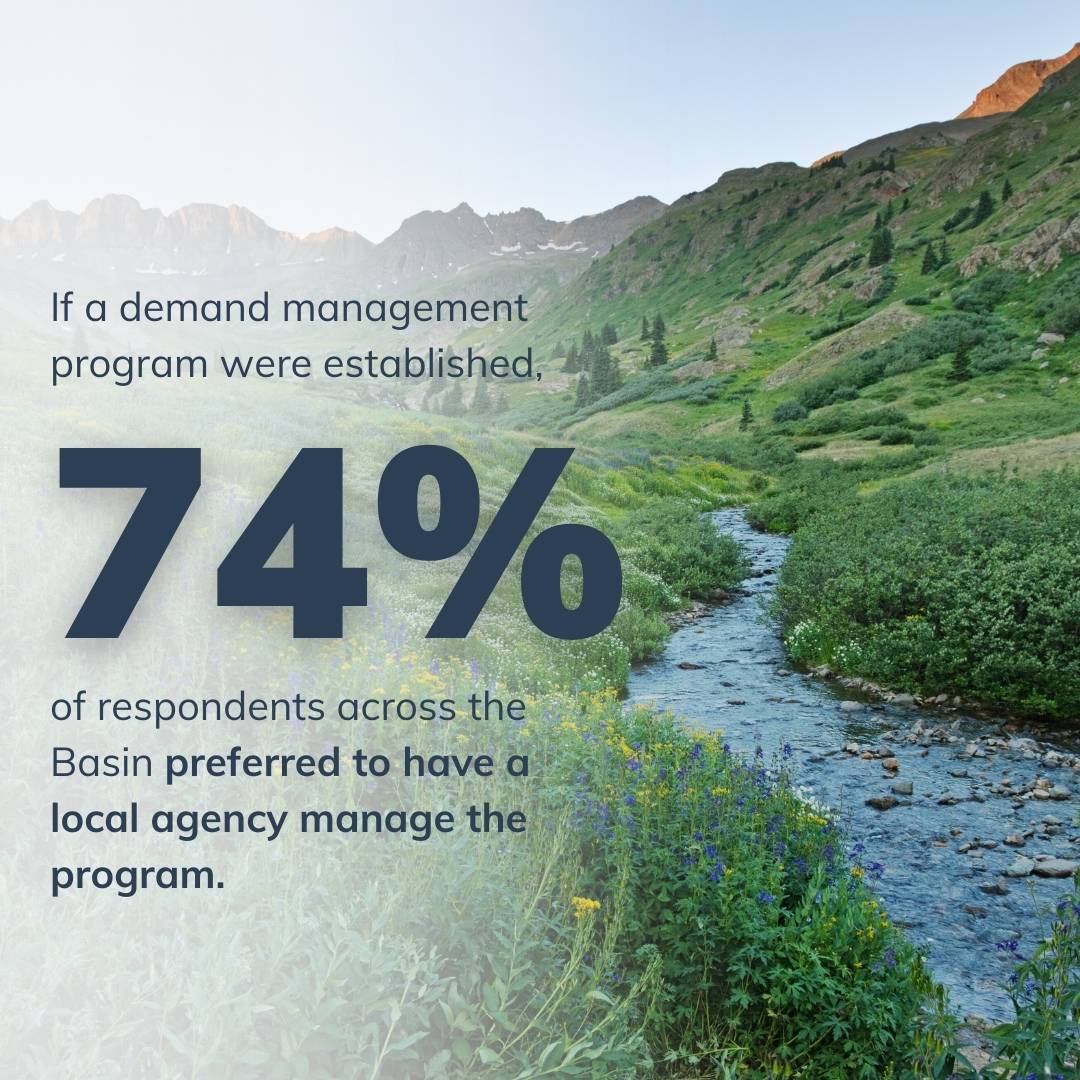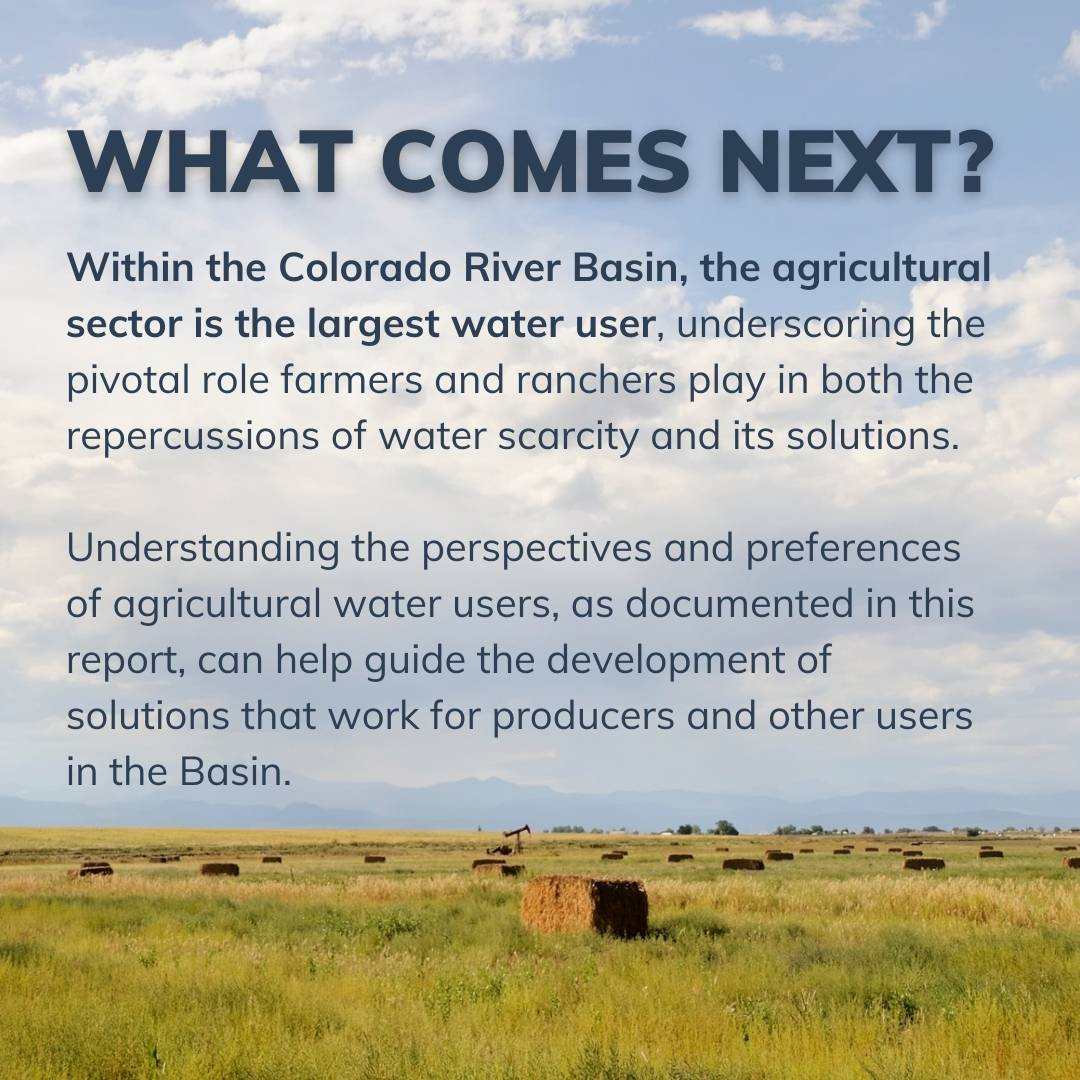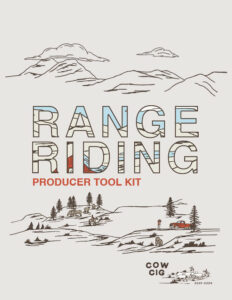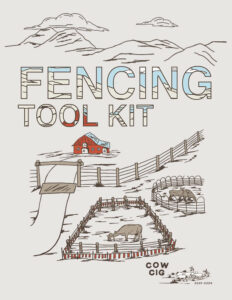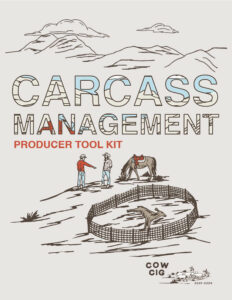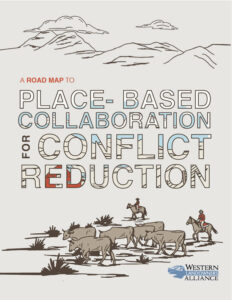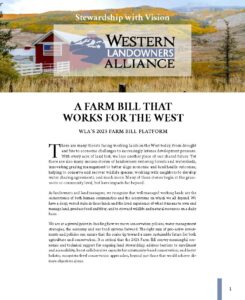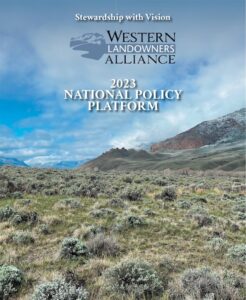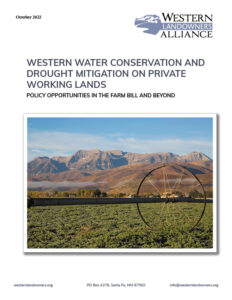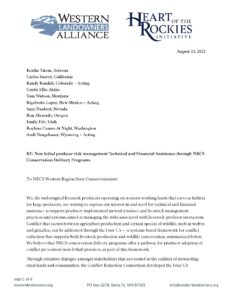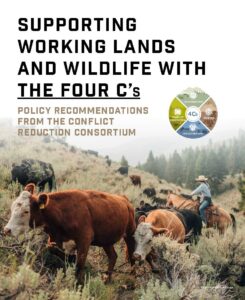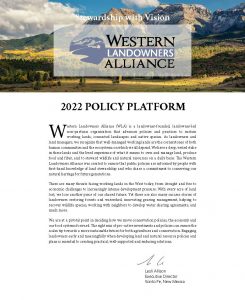PUBLICATION
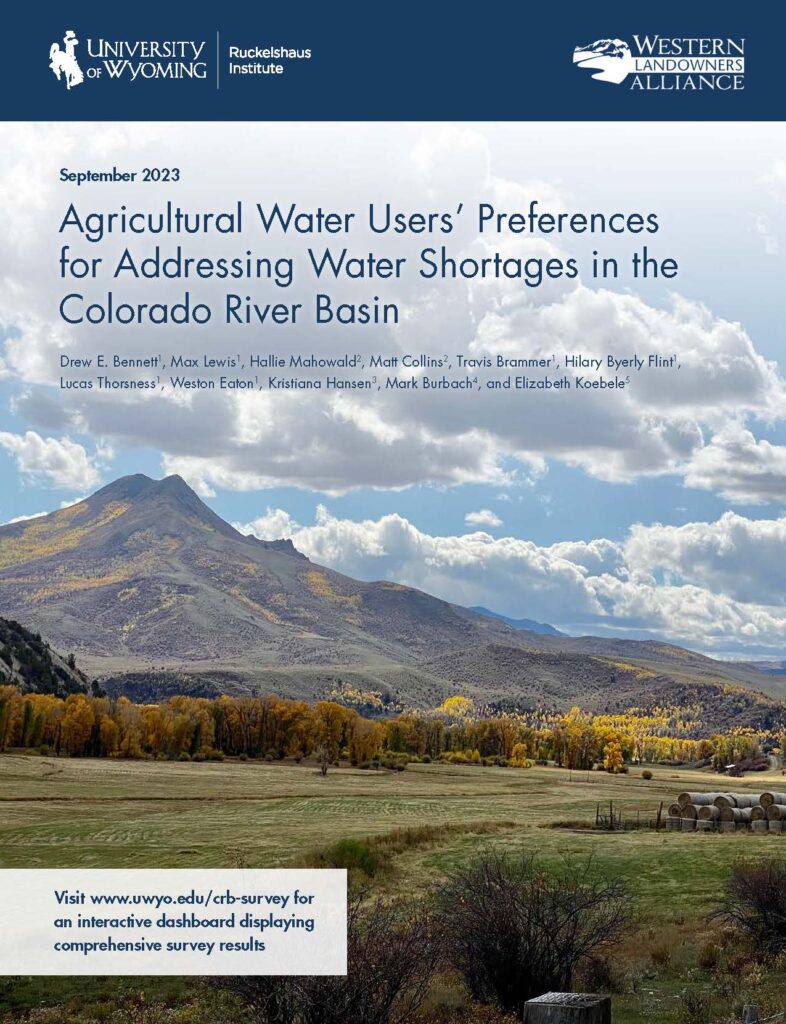
Suggested citation: Bennett, D., Lewis, M., Mahowald, H., Collins, M., Brammer, T., Byerly Flint, H., Thorsness, L., Eaton, W., Hansen, K., Burbach, M., and Koebele, E. 2023. Agricultural water users’ preferences for addressing water shortages in the Colorado River Basin. University of Wyoming, Laramie, WY: Ruckelshaus Institute of Environment and Natural Resources.
Staff contact
Publication Date
Agricultural Water Users’ Preferences for Addressing Water Shortages in the Colorado River Basin
The Colorado River Basin is in crisis. There is no longer enough water for all of those who depend on it. The agricultural sector is the largest water user in the Colorado River Basin, meaning that farmers and ranchers are central to both the impacts of and solutions to water shortages. Their involvement will be key to developing effective policy solutions to today’s water crisis.
We surveyed 1,020 agricultural water users throughout six states in the Colorado River Basin to understand their perspectives on the present crisis, their current water conservation practices, and their preferences for strategies to address water shortages going forward. Agricultural water users were primarily concerned about how the current situation could impact water policy, constrain irrigators’ own water use, and constrain other agricultural water users.
Explore the findings
An interactive data dashboard allows users to dig into the data by water user demographics.
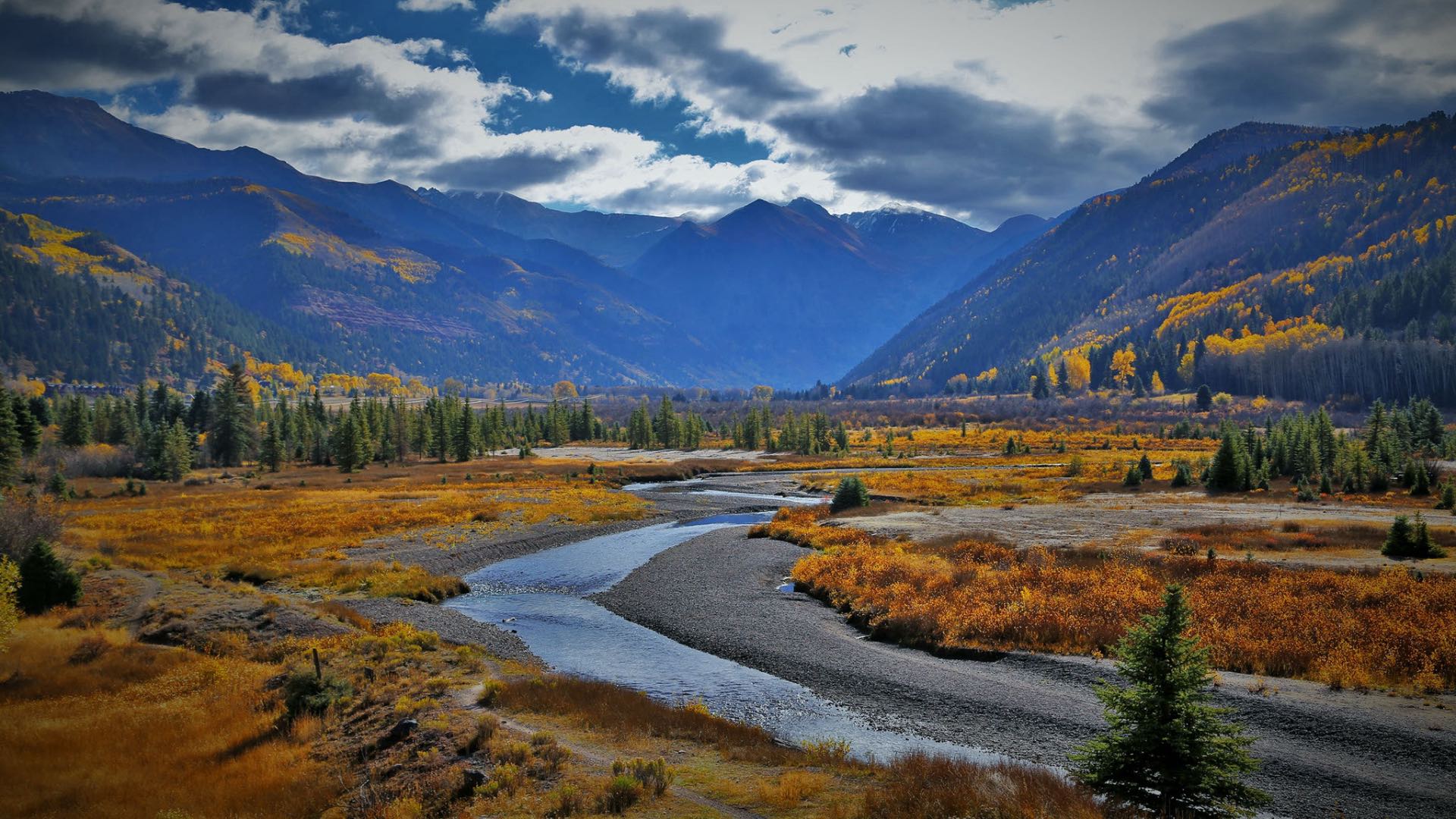
Infographics
The Western Landowners Alliance and the authors reserve all copyrights on publications posted on our website unless otherwise noted. Please contact us for reprints or for special use requests.
Browse our Library
Never miss a new publication or resource from Western Landowners Alliance.
It's important to be prepared for what's in front of you. Western Landowners Alliance produces vital resources from and for landowners on topics as critical and varied as public policy, economics, and stewardship best practices. Subscribe to our email list to ensure you are always in the loop.
GET UPDATES DELIVERED TO YOUR INBOX
* We don’t share your personal info with anyone. Check out our Privacy Policy for more information.
